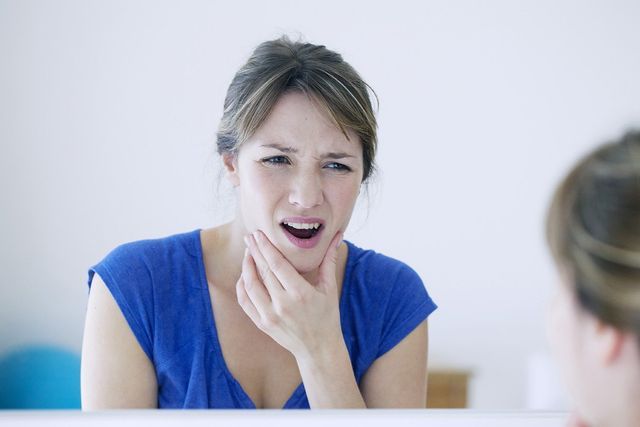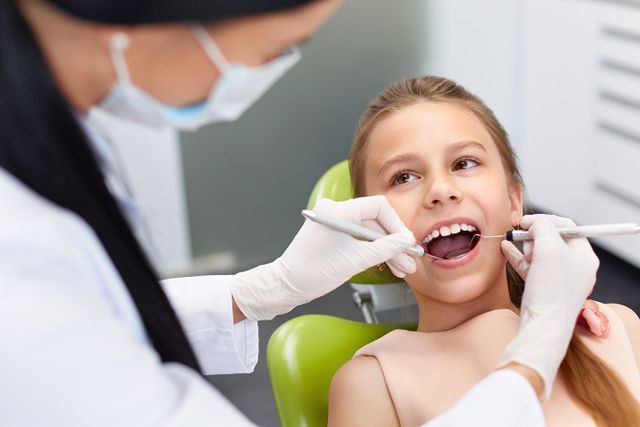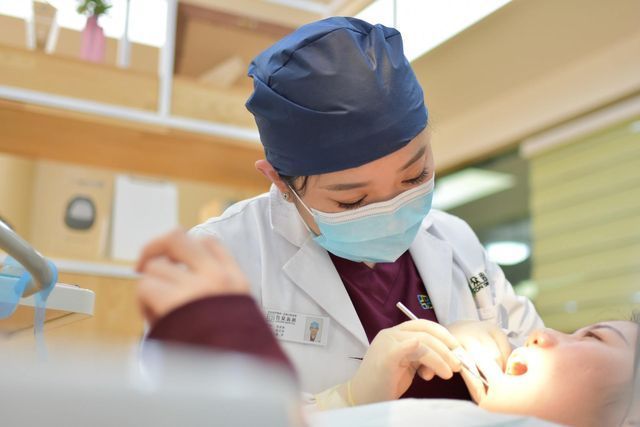How To Tell If You Grind Your Teeth At Night

Do you wake up in the morning with a headache and can’t figure out why you’re in pain? Does your face or jaw feel sore for no particular reason? If so, you may be grinding your teeth at night.
Teeth grinding, which is also commonly called bruxism, should not be ignored. Grinding while you sleep might not seem harmful, but it can lead to irreversible damage to your teeth.
Have a Bruxism Evaluation
If you’re unaware that you grind your teeth at night, you might be surprised to learn that you are a grinder from your dentist. A dentist can usually spot the signs of grinding during a regular dental examination. Signs can include chips or excessive wear on your teeth.
There are several other tell-tale signs of teeth grinding. The following are indications that you should be evaluated for bruxism:
- Headaches that seem to occur regularly and are not the result of an illness or injury
- Facial pain and a sore jaw are a regular occurrence
- Ear pain and/or ringing when you are otherwise healthy and without an ear infection
- Teeth that are sensitive to hot and cold liquids and food
- Teeth that hurt when you breathe excessively cold air through your mouth
- Chips and/or breaks in your teeth and/or in fillings that occur regularly and without any other explanation
- Jaw locks or clicks when you chew or open your mouth wide
- Permanent teeth that seem loose
- Teeth that are wearing down excessively
- Inside of the cheeks and sides of the tongue are sore or damaged
It’s entirely possible to live many years without realizing that you grind your teeth. Many people learn of their grinding habit through a partner, roommate, or family member. Teeth grinding usually makes a unique noise that others can hear if they are awake while you are sleeping.
Stop the Grinding!
Many dentists attribute teeth grinding to stress and anxiety. Even though you might be able to reduce your stress level through relaxation techniques, it can be difficult to stop yourself from grinding when you are asleep.
Other common causes of grinding are a misaligned bite, crooked teeth, or missing teeth. If you have misaligned, crooked, or missing teeth, there are solutions that can help. Make sure to ask about your options the next time you’re at the dentist.
A Mouthguard Can Stop Grinding
Eliminating nighttime teeth grinding without some sort of dental intervention is easier said than done. One of the easiest and most effective ways to prevent nighttime teeth grinding is to wear a custom-made mouthguard while you sleep. Different types of guards are designed to help keep you from grinding and clenching. Nighttime mouthguards are comfortable, and sometimes they can even help you breathe better while you’re sleeping.
If you are suffering from any of the abovementioned symptoms of teeth grinding, it’s important to take steps to eliminate your grinding habit. Something as simple as a mouthguard may be able to prevent serious dental conditions that are completely avoidable.





